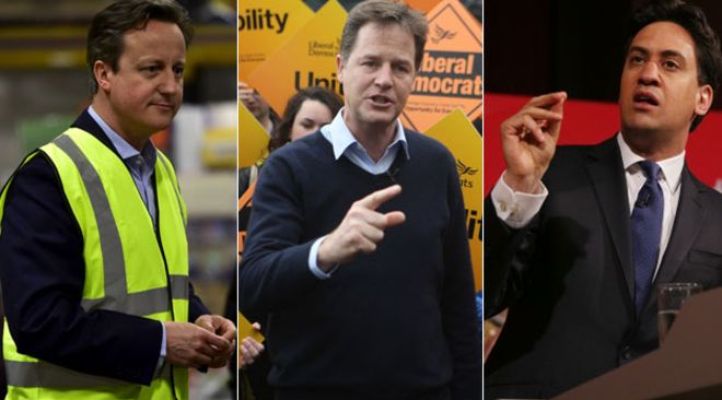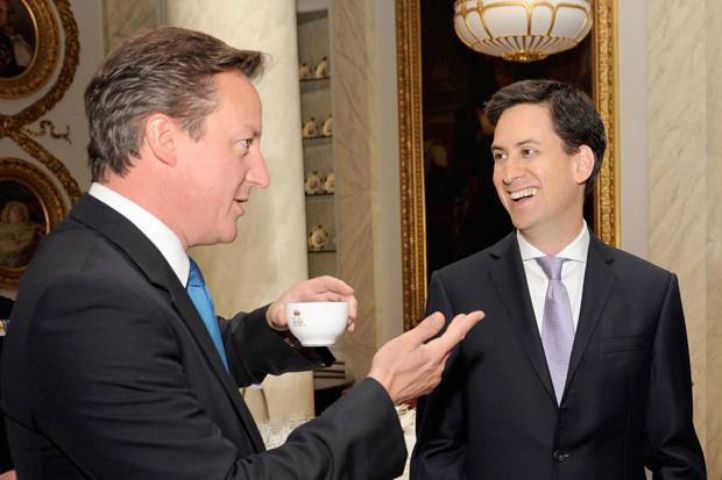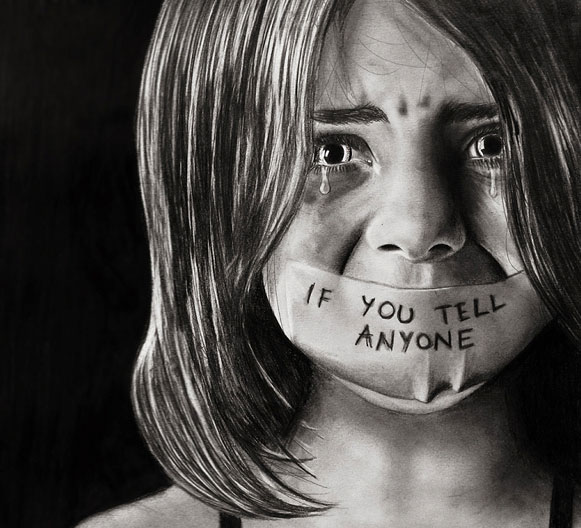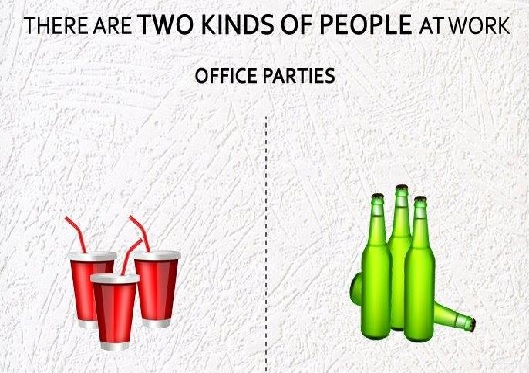What Are Exoplanets And How NASA Detects Life Beyond Our Solar System
Bharti Airtel Set To Acquire Telenor India Within This Year
Google Celebrates NASA’s Discovery Of Seven Earth-Like Planets With An Animated Doodle
Some Home Remedies That Might Sound Bizarre But Actually Work Like A Charm
Akshay Kumar Feels He Has Made Enough Money, Now Wants To Focus On Content & Characters
Delhi ATM Dispenses Fake Rs 2000 Notes From ‘Childrens Bank of India’ With ‘Churan Lable’
Adolf Hitler’s Personal Telephone During World War II Is Up For Auction In The US
From Salman Khan To Rekha, Neil Nitin Mukesh’s Wedding Reception Was Quite A Starry Affair
The UK Elections: What Is Happening? Who Is Running? And Who Will Win?
One of the most important elections of the year will take place on May 7. For those of you who don't know, British Prime Minister David Cameron of the Conservative party is involved in what most political pundits are calling, the closest elections yet. This is the basic background of British politics. The government has always been led by one of two parties, Labour (centre-left) or Conservative (Centre-right). David Cameron was elected as PM after 13 years of Labour control and is currently seeking a second term. He has tried to rebrand and modernise the party - by adopting more liberal policies such as marriage equality and climate change. However, to stir things up, a new party emerged, the UK Independence Party (UKIP). They are anti-European Union and anti-immigration - somewhat similar to the American Tea Party. UKIP has made it a lot harder for Cameron to take on his more modern approach for the party, forcing him to tackle issues like welfare and Britain's role in Europe. Cameron's main contender of the Labour party is Ed Miliband. He became the party leader in 2010 and is a lot closer to the party's traditional socialist roots as compared to his predecessors, Gordon Brown and Tony Blair. He has been openly critical of Labour's handling of the Iraq War, bank deregulation, and rising income inequality. He has done a good job in terms of bringing the English Left together, yet many believe he is not the right man for the job. Much of the Conservative campaign is based around this very point - there is even polling to show that some Labour voters believe Cameron is a stronger and more effective leader. There is also the problem of the Scottish National Party - which was responsible for the campaign in Scotland to gain independence from UK last year - they have amassed significant popularity which could mean Labour risks losing seats to SNP. This would threaten Labour's chances of being the single largest party in parliament. One of these two leaders will most definitely be Prime Minister, the problem is, the race is just...
Too close to call
During the Scottish referendum, many polls wobbled about, none had a clear answer, however, gamblers, as revealed through betting websites, were positive it would be a No. They were right. So what do they have to say about the current elections?
The Economist reports that most pollsters were flummoxed. Apparently 11 out of 20 bookies have the two opponents at identical odds. Of the rest, five have Miliband slightly ahead and four tilt towards Cameron.
This uncertainty is mirrored in election polls, the 10 latest polls put Conservatives at 33.2%, Labour at 32.9%, UKIP at 13.6%, the Liberal Democrats (currently part of the coalition with the Conservatives) at 9.2% and the remainder on 5%.
How does this translate to actual seats? Conservatives would have 278, Labour 267, Scottish National Party 54, Liberal Democrats (LibDems) 26, UKIP 2 and others 23.
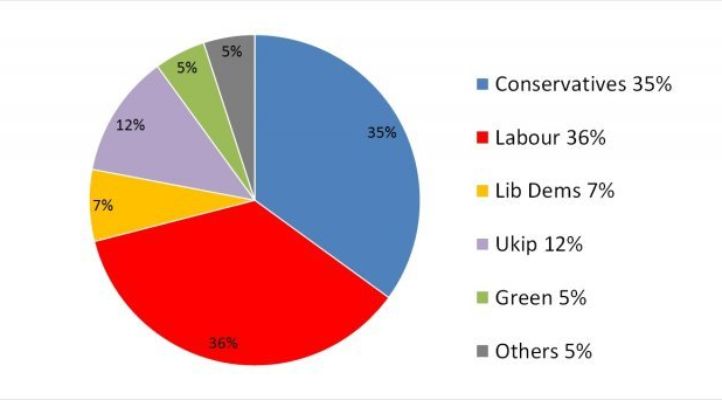
So what does this mean?
If these number are accurate, it would mean that David Cameron/Conservatives would not be able to form the government. To form the government a party must have a majority (effectively 323 seats). Cameron would have to collaborate with the LibDems and probably some independents to get close to 312-14 - still not putting him in the majority. Even adding the UKIP would not push him over the line.
If the models are right, the anti-Conservative bloc of Labour and the nationalists is on course for at least 327 seats, more than enough to vote down a Conservative government. Mr Miliband should be the narrow favourite to be PM.
What are the major issues?
There are a few major issues in this election, of which the most important are the National Health Service (NHS), immigration, the economy and membership in the EU.
